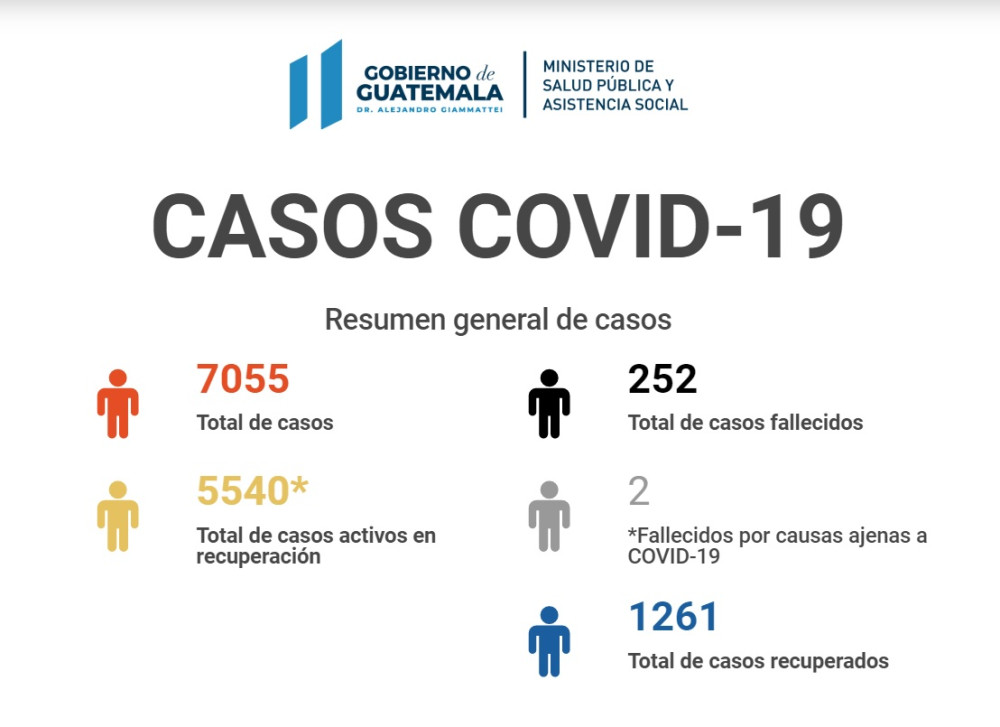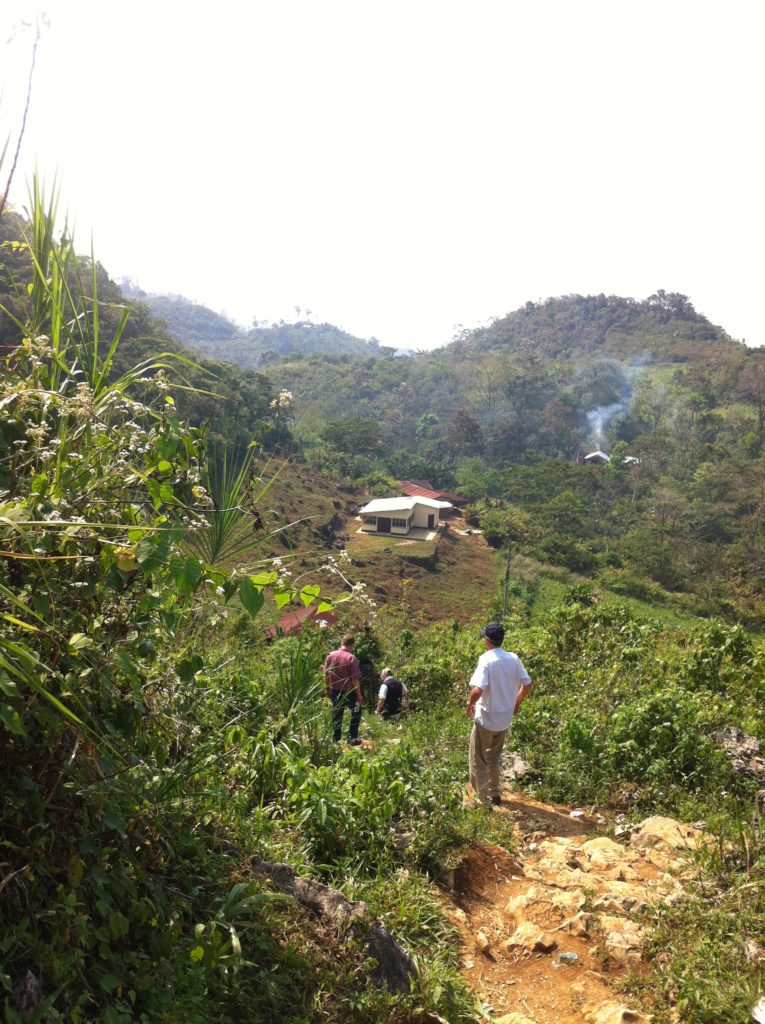The coronavirus (COVID-19) has now reached even the most rural areas of Guatemala. As of June 7, 2020, Guatemala’s Ministerio de Salud Pública y Asistencia Social (MSPAS) has administered slightly less than 30,000 tests, which have identified 7,055 cases, 252 of whom died of COVID-19. COVID-19 has pushed the public health system to its limits and has exacerbated health inequities in three noticeable ways:
June 8th, 2020 | By Natasha Pereira & Monica Takahashi
The Unequal Impacts of COVID-19 in Guatemala

1. Use of Sexual and Reproductive Health Services
Due to lock-down measures and fear of contracting the virus, many key sexual and reproductive health (SRH) services, including services for adolescents, have been disrupted. Potential health impacts of reducing these services could be severe. Calls have been made to maintain SRH services in low-resource settings during the pandemic in order to avoid an increase in maternal and newborn deaths as well as unintended pregnancies (read more). Women of childbearing age continue to be a vulnerable population that may lack the resources and decision-making power to protect their health.
2. Increasing Evidence of Poverty & Hunger
COVID-19 has increased poverty and hunger in Guatemala. Raising white flags outside households, a symbol of those who are suffering, has become common across the country to indicate hunger (read more). With nearly 70% of Guatemalans working in the informal sector and living day-to-day, the public health measures for COVID-19, such as curfews and suspension of public transport, have led to reduced household incomes and access to food. Before the pandemic, 60% of Guatemalans lived in poverty and 48% of children were chronically malnourished. These rates will undoubtedly increase.
3. Migrant Workers and Violence
Many households in Guatemala rely on remittances from family members working abroad in Canada, US, and Mexico. As borders close, workers are being sent back to Guatemala. Their return is not only a lost income to their family, but another person to house and feed. Migrants and their families face increased stigma and threats of violence due to fear of contagion. Routine deportation flights from the US continue to operate, often concentrating large numbers of people together for extended periods of time. As a result, the Government of Guatemala estimates that nearly a fifth of the country’s COVID-19 cases can be traced to returning migrants (read more). As COVID-19 cases continue to rise, so does public fear, which has resulted in threats of violence not just against the migrants, but against the healthcare workers who protect them.

